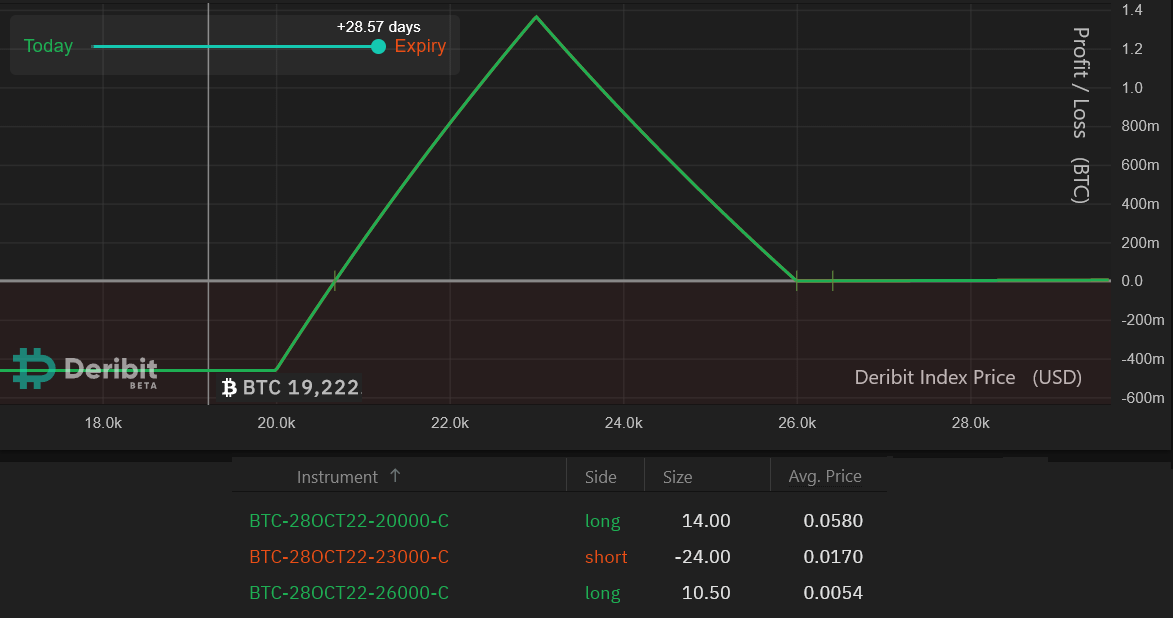[ad_1]
Some of the biggest companies in the world are expected to report their 2Q earnings in October, including electric automaker Tesla on Oct. 18, tech giants Meta and Microsoft on Oct. 24, Apple and Amazon on Oct. 26 and Google on Oct. 30. Currently, the possibility of an even more severe global economic slowdown is in the cards and lackluster profits could further add to the uncertainty.
Given the unprecedented nature of the United State Federal Reserve tightening and mounting macroeconomic uncertainties, investors are afraid that corporate profitability will start to deteriorate. In addition, persistent inflation continues to force businesses to cut back on hiring and adopt cost-cutting measures.
Strengthening the dollar is particularly punitive for U.S. listed companies because their products become more expensive in other countries and the reduced revenue brought in from overseas negatively impacts the bottom line. Google, for instance, is expected to grow revenues by less than 10%, down from a 40% growth in 2021.
The companies that comprise the S&P 500 account for an aggregate $32.9 trillion in value and crypto investors expect some of those bets to enter Bitcoin (BTC) if earnings season fails to sustain a modest growth — signaling the stock market should continue to underperform.
From one side, traders face the pressure from Bitcoin’s correlation to equities, but on the other hand, BTC’s scarcity might shine as inflation concerns arise. This possibly creates an immense opportunity for those betting on a BTC price rally, but extreme caution would also be needed for those opening positions.
Risk averse traders could use futures contracts to leverage their long positions but they also risk being liquidated if a sudden negative price move occurs ahead of the corporate earnings calendar. Consequently, pro traders are more likely to opt for options trading strategies such as the “long butterfly.”
By trading multiple call (buy) options for the same expiry date, traders can achieve gains thre times higher than the potential loss. This options strategy allows a trader to profit from the upside while limiting losses.
It is important to remember that all options have a set expiry date, so the asset’s price appreciation must happen during the defined period.
A cautionary approach to using call options
Below are the expected returns using Bitcoin options for the Oct. 28 expiry, but this methodology can also be applied using different time frames. While the costs will vary, the general efficiency will not be affected.

This call option gives the buyer the right to acquire an asset, but the contract seller receives (potential) negative exposure. The “long butterfly” strategy requires a short position using a call option, but the trade is hedged on both sides — limiting the exposure.
To initiate the execution, the investor buys 13 Bitcoin call options with a $20,000 strike and sells 24 contracts of the $23,000 call. To finalize the trade, one would buy 10.5 BTC contracts of the $26,000 call options to avoid losses above such a level.
Derivatives exchanges price contracts in BTC terms, and $19,222 was the price when this strategy was quoted.
Using this strategy, any outcome between $20,690 (up 7.6%) and $26,000 (up 35.3%) yields a net profit — for example, the optimal 20% price increase to $23,000 results in a 1.36 BTC net gain, or $24,782 at current levels. Meanwhile, the maximum loss is 0.46 BTC or $8,382 if the price on Oct. 28 expiry happens below $20,000.
The “long butterfly” strategy provides a potential gain that is three times larger than the maximum loss.
Overall, the trade yields a better risk-to-reward outcome than leveraged futures trading, especially considering the limited downside. It certainly looks attractive for those expecting deteriorating business conditions for listed companies.
It is worth highlighting that the only up front fee required is 0.46 BTC, which is enough to cover the maximum loss.
The views and opinions expressed here are solely those of the author and do not necessarily reflect the views of Cointelegraph.com. Every investment and trading move involves risk, you should conduct your own research when making a decision.
[ad_2]
Source link


